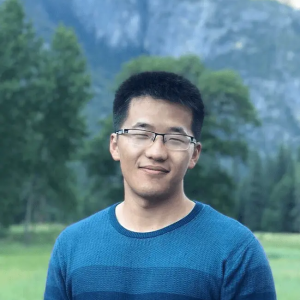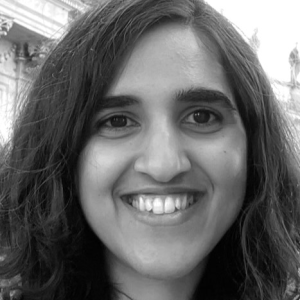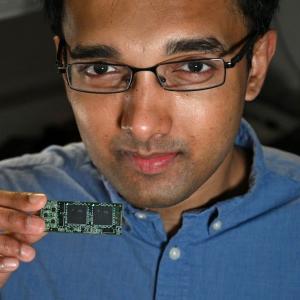Pan Li

Pan Li
Assistant Professor
Pan Li joined Georgia Tech in 2023 Spring. Before that, Pan Li worked at the Purdue Computer Science Department as an assistant professor from the 2020 fall to the 2023 Spring. Before joining Purdue, Pan worked as a postdoc at Stanford Computer Science Department from 2019 to 2020. Pan did his Ph.D. in Electrical and Computer Engineering at the University of Illinois Urbana-Champaign. Pan Li has got the NSF CAREER award, the Best Paper award from the Learning on Graph Conference, Sony Faculty Innovation Award, JPMorgan Faculty Award.
Office Location:
CODA Number S1219
Develop and analyze more expressive, generalizable, robust machine learning algorithms with graph and geometric data, using e.g., Graph neural networks, geometric deep learning, and equivariant models. Build scalable analysis and learning tools for large-scale graph data, such as graph and hypergraph clustering algorithms, and large-scale graph machine learning. Artificial Intelligence for Science: Interpretable and trustworthy graph machine learning for physics.
IRI Connections:









